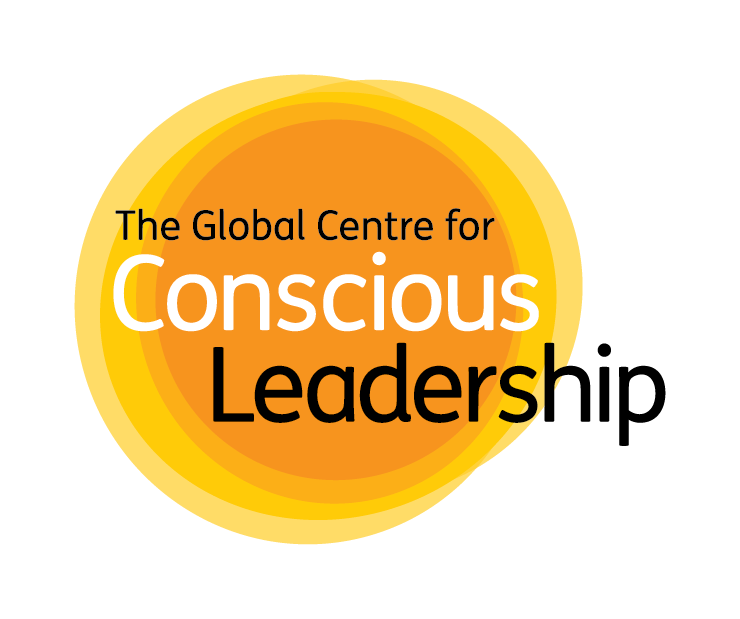Dignity (etymologically, ‘a state of being worthy’) is essential to the process and purpose of education. Yet, our societal narrative has lost the plot in terms of what boxes need to be ticked and how many ‘followers’ need to be clicked- in order to be worthy.
It is not only the prerequisites to dignity that are pathologically constructed, but also the timelines. This is most evident in schools, where teachers report to having ‘no time to teach’ as they are so busy jumping through administrative hoops and stuffing a vast curriculum of facts into the heads of young learners for them to pass the next test, and for their school to maintain an ‘outstanding’ rating .
I often wonder what would happen to the quality of education if death was the socially accepted graduation ceremony.
Returning to the prerequisite of now, I am arguing for the case of a sense of dignity. When I work with young learners, the first step in making space for a more positive mindset is for them to accept where they are, amidst their perceived plot of things. We are all coming from culturally and experientially different places, and it is useful to accept the place we are coming from right now.
“To know who you are, you have to have a place to come from” from McCullers The Heart is a Lonely Hunter
Here is a poem by Hafiz, which invites us into further possibility:
This place where you are right now
God circled on a map for you.
Wherever your eyes and arms and heart can move
Against the earth and the sky
The Beloved has bowed there
Knowing You were coming.
I could tell you a priceless secret about your real worth, dear pilgrim,
but any unkindness to yourself, any confusion about others,
will keep you from accepting the grace (…)
In relaxing a bit more into now, a next step can arise, oriented toward a more positive direction than might have been possible. It is part of the practice of possibility, the possibility of seeing things differently and acting within a refreshed, necessarily subjectively ‘worthwhile’ way of being.
This post was inspired by 2 recent talks at The RSA (The Royal Society for the Encouragement of Arts, Manufactures and Commerce) which I recommend adding to your free-time archive:
– “Creating Cultures of Dignity” Rosalind Wiseman makes the distinction between respect as being something that is earned, and dignity as something given.
– “Team Human” Douglas Rushkoff touches on the theme of dignity in education, in a segment beginning from around 14 minutes.

Painting: Jennifer Wilson, Paris 2018



Join the conversation